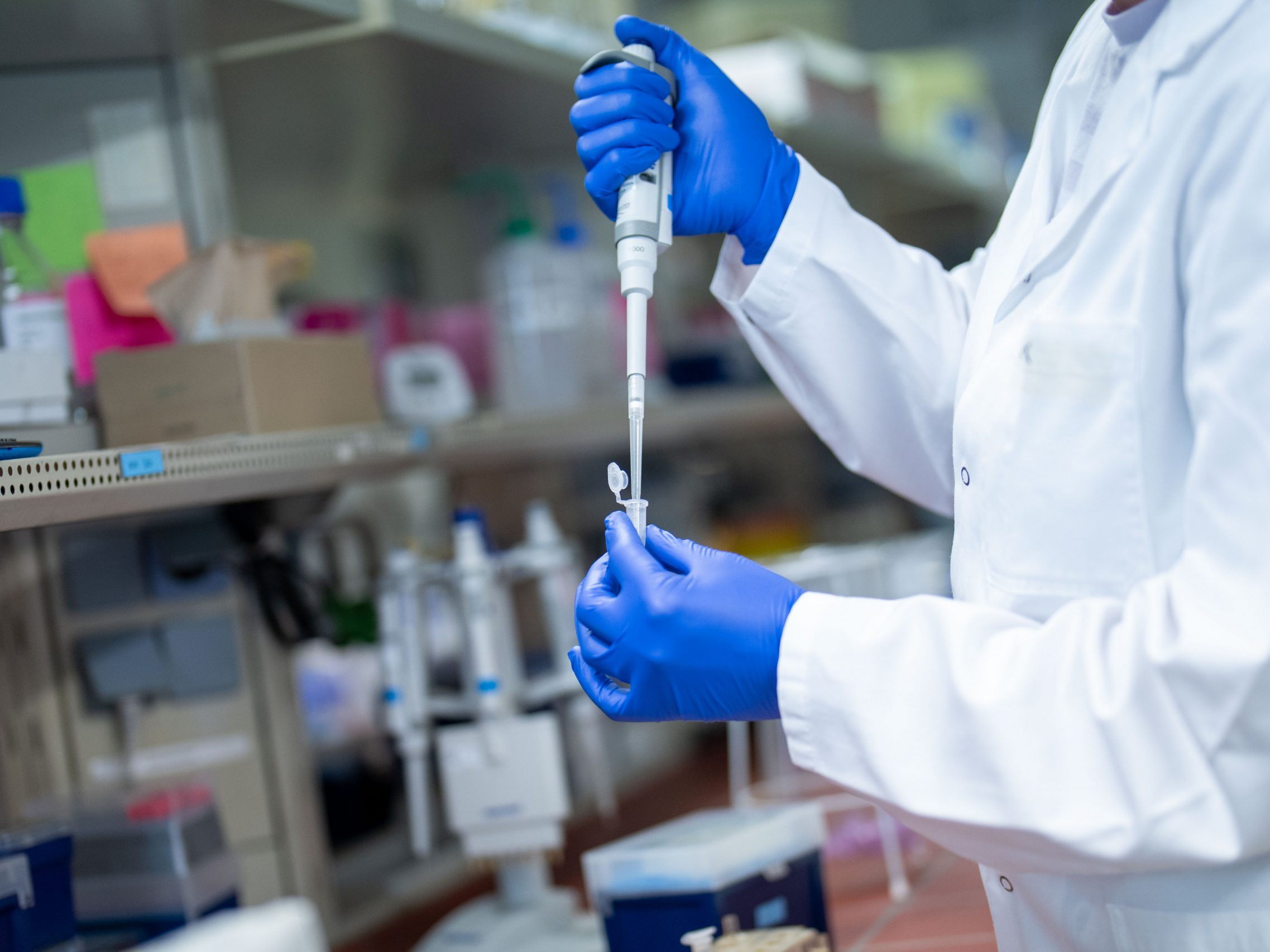Interest in research presented itself slightly declining in the representative survey this year compared to previous years, which paradoxically could also be due to the recent Nobel Prize awards.

Trust in Science Stagnates - Interest Declines
27-12-2024, 14:59
The starting point for the initiative for an annual mood picture was the skepticism that is more noticeable, especially in connection with the Covid-19 pandemic or in discussions about climate change, which is brought against representatives of science and research in this country. According to EU surveys, the phenomenon is particularly pronounced in Austria, but also in Germany. The "Barometer" survey is conducted by the Gallup Institute among 1,500 people who should represent the total population as well as possible.
Differences to Germany
If you look at the new Austro-data collected in the fall, there are indeed differences to Germany, where a comparable study was recently conducted: In Germany, the group of "strong" or "very strong" trusters is significantly smaller at 55 percent than in this country. In Austria, five percent belong to the group of those who have little or no trust in science and research, in Germany, however, nine percent.
About a third feel well informed about the subject in both Austria and Germany. However, with 28 percent, significantly more Austrians feel poorly represented (Germany: 17 percent).
Curiosity and Science
In the data regarding curiosity about scientific subjects, the proportion of people who claimed to have little or no interest at all has slightly increased from 13 to 16 percent since the premiere of the Science Barometer in 2022. Two years ago, 25 percent were "very interested", but this year only exactly one fifth of the participants reported this.
The slight decrease is interpreted by the opinion researchers involved in the study as being due to the greatly increased attention to science during the pandemic, which was even more present in 2022. In addition, Austria did not win any Nobel Prizes this year. For comparison: In both 2022 and 2023, researchers with Austrian connections were able to win the coveted awards in the field of physics - before that, there was a decades-long drought in the natural sciences.
Statements that more information about science and research should be made public are often agreed with. "More than half of the Austrian population has a high desire for information about science. A well-assessed level of information improves acceptance and trust in a topic," says Andrea Fronaschütz, Managing Director of Gallup Austria. Even greater is the approval of scientists who make an effort to explain their work and scientific contexts themselves.
"Three quarters trust science, we have to fight for a quarter," is quoted by ÖAW President Heinz Faßmann in a press release. The survey also reveals: "The people in Austria want more science communication."
View on AI
This is also evident when looking at the currently seemingly omnipresent topic of Artificial Intelligence (AI). Here, 15 percent even claim to know too little about the topic to form an opinion. According to the survey, about a third of the population has a "rather" or "very negative" view of AI.
(APA/Red)
This article has been automatically translated, read the original article .




